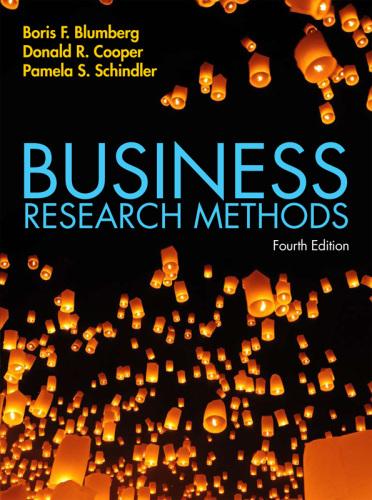The city commissioners of Miro Beach proposed limits on boaters who anchor offshore in waterfront areas of
Question:
The city commissioners of Miro Beach proposed limits on boaters who anchor offshore in waterfront areas of the St. Lucinda River adjoining the city. Residents had complained of pollution from live-aboard boaters.
This ‘car park’ for boats created an unsightly view.
The city commissioners based its proposed ordinance on research done by staff. The staff did not hold graduate degrees in either public or business administration, and it was not known if staff members were competent to conduct research. The staff requested a proposal from a team of local university professors who had conducted similar work in the past. The research cost was $10,000. After receiving the proposal, the staff chose to do the work themselves and not expend resources on the project. Through an unidentified source, the professors later learned that their proposal had contained enough information to guide the city’s staff and suggested data-collection areas that might provide information that could justify the boaters’ claims.
Based on the staff’s one-time survey of waterfront litter, ‘pump–out’
samples and a weekly frequency count of boats, an ordinance was drafted and a public workshop held. Shortly afterwards, a group of concerned boat owners formed Boaters Inc., an association to promote boating, raise funds and lobby the commission. The group’s claims were that the boaters (i) spent thousands of dollars on community goods and services,
(ii) did not create the litter, and (iii) were being unjustly penalized because the commission’s fact-finding was flawed.
With the last claim in mind, the boaters flooded the city with public record requests. The clerks reported that in some weeks the requests were one per day. Under continued pressure, the city attorney hired a private investigator (PI) to infiltrate Boaters Inc. to collect information. He rationalized this on the grounds that the boaters had challenged the city’s grant applications in order to ‘blackmail the city into dropping plans to regulate the boaters’.
The PI posed as a college student and worked for a time in the home of the boater organization’s sponsor while helping with mailings. Despite the PI’s inability to corroborate the city attorney’s theory, he recommended conducting a background investigation on the organization’s principal, an employee of a tabloid newspaper. The PI was not a boating enthusiast and soon aroused suspicion. Simultaneously, the organization turned up the heat on the city by requesting what amounted to 5,000 pages of information: ‘studies and all related documents containing the word “boat” ’. Failing to get a response from Miro Beach, the boaters filed a suit under the Florida Public Records Act. By this time, the city had spent $20,000.
The case stalled, went to appeal, and was settled in favour of the boaters.
A year later, the organization’s principal filed an invasion of privacy and slander suit against the city attorney, the PI and the PI’s firm. After six months, the suit was amended to include the city itself and sought $1 million in punitive damages.
a What are the most prudent decisions the city can make about its responsibilities to itself and others?
b What are the implications of these decisions even if there is no violation of law or regulation?
Step by Step Answer:

Business Research Methods (UK Higher Education Business Statistics)
ISBN: 9781260091861
14th Edition
Authors: Pamela Schindler






